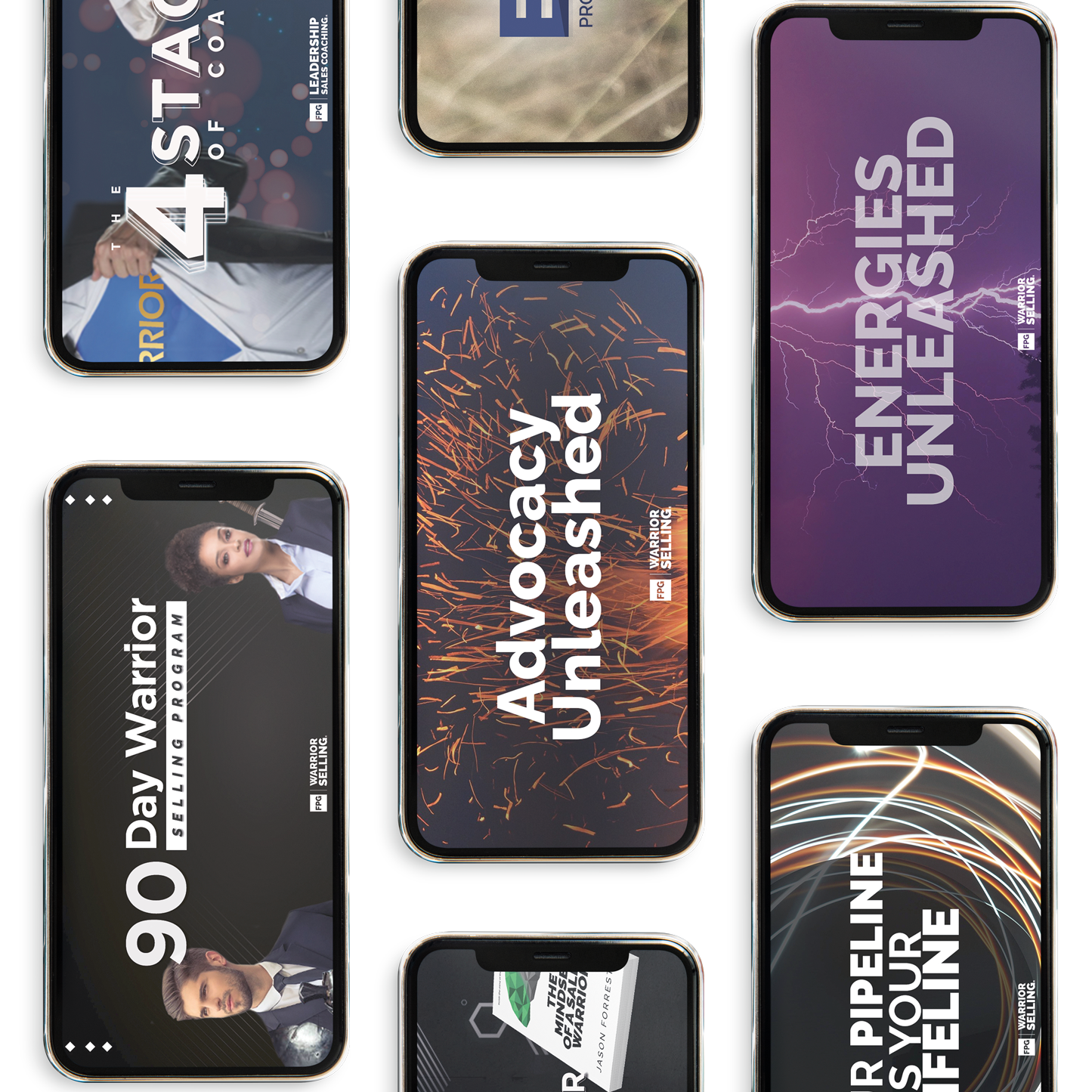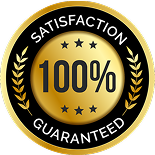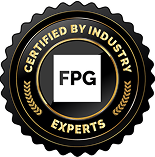In this day and age, generic sales strategies just won’t cut it. If you want to resonate with your market segment, you have to be willing to tailor your sales strategies. This way, you won’t miss opportunities, frustrate customers, or even lose sales.
Create meaningful relationships with your target audience with a well-defined strategy that takes your business’s strengths, challenges, and unique selling propositions into consideration. You need to customize your sales approach to align with the specific needs and preferences of your industry. This will improve your connection with potential customers and boost your overall sales performance.
In this article, we’ll help you identify your target market, use effective sales techniques, and choose the right channels to maximize your reach. We’ll also share how to craft a sales strategy that aligns with your industry and sets your business up for sustainable growth and success.
Table of Contents
- Conduct Thorough Industry Research
- Define and Segment Your Target Audience
- Craft an Industry-Specific Value Proposition
- Choose the Right Sales Channels
- Customize Your Sales Pitch
- Leverage Industry-Specific Tools and Technologies
- Focus on Continuous Improvement and Adaptation
- Tailor Your Sales Strategies for Industry Success
Conduct Thorough Industry Research
Statista reports that 51% of marketers see improved customer experience as a key benefit of personalization. As such, companies must understand emerging industry trends, the state of businesses in the industry, as well as the key market players. In turn, this guides the process of defining target customer segments.

Watch our FREE Webinar | Discover 3 Core Principles For Selling More In The Worst Of Circumstances
Perform SWOT Analysis
SWOT analysis helps organizations evaluate their strengths, weaknesses, opportunities, and threats to improve strategies and address market challenges. Identify and prioritize these factors, develop strategies to leverage strengths and address weaknesses, and update the analysis regularly to adapt to market changes.
Use Industry Reports and Market Research Tools
Industry reports and market research tools provide valuable insights into market dynamics, customer preferences, and competition. Utilize sources like industry analysts and tools such as IBISWorld, Statista, and Google Trends to gather data, analyze trends, and refine your sales strategies.
Define and Segment Your Target Audience
Identifying and segmenting your target audience reveals the traits and preferences of ideal customers. A study found that psychographic segmentation reduced prediction errors by 21.8% compared to using only demographic data. With detailed segmentation, you can tailor messaging to enhance engagement and boost conversion rates.
Conduct Customer Surveys and Interviews
Conducting customer surveys and interviews provides valuable feedback on your audience’s needs and preferences. Define the data you need and choose between online surveys, phone interviews, or in-person discussions. You can also use tools like SurveyMonkey or Google Forms for efficient outreach. You can also consider organizing small group discussions or in-depth conversations for qualitative insights.
Create Detailed Buyer Personas
Buyer personas are realistic profiles of ideal customers that guide tailored marketing and sales strategies. By segmenting your audience and gathering data on demographics, behaviors, and challenges, you can create detailed personas with relatable traits. Share these personas with your team for feedback and update them regularly based on new data and market changes to optimize your sales process.
Craft an Industry-Specific Value Proposition
An industry-specific value proposition emphasizes the unique benefits of your offerings to help potential customers see why they should choose your solution. Align it with your audience’s pain points to strengthen connections and build loyalty.
Identify Key Pain Points and Needs
Understanding your customers’ challenges allows you to tailor your products and services to meet their needs effectively. This approach enhances engagement by creating targeted marketing messages that address real concerns.
To identify pain points, collect feedback through surveys and interviews, leverage social media and industry conversations by monitoring them, review comments and support tickets, and analyze industry reports and competitor offerings. Furthermore, use insights from your sales team’s interactions with customers.
Develop Clear and Concise Value Propositions
Come up with a well-defined value proposition to convey the benefits of your offerings. This will enhance customer understanding, foster consistency across various marketing channels, and strengthen your brand identity and message.
Here’s how you can come up with a clear value proposition that can significantly improve engagement and drive conversions:
- Highlight how your product or service solves customer problems or adds value.
- Avoid jargon and complex terminology to ensure clarity. For instance, replace “Our solution enhances operational efficiency” with “We help you save time and reduce costs.”
- Include numbers and metrics to demonstrate the impact, such as “Get 100% convenience and accessibility with the cheapest online bachelor’s degree.”
A good example of a value proposition for the cheapest online bachelor’s degree a university offers could be: “Earn your degree without breaking the bank. Our affordable online bachelor’s programs provide the flexibility and convenience you need to balance work, life, and education, all while gaining valuable skills for career advancement.”
By emphasizing both affordability and flexibility, this proposition targets prospective students who are cost-conscious but still seeking a quality education that fits their busy schedules. The message is clear and concise, showcasing the key benefits of pursuing a degree through an affordable and accessible online platform.

Choose the Right Sales Channels
Just as B2B sales coaching strategies elevate teams from good to great, choosing the right sales channels optimizes reach and maximizes revenue. Each channel has its advantages and disadvantages, so align your selection with your target audience, product type, and business goals.
Analyze the Effectiveness of Various Sales Channels
Measure each channel’s performance to identify high-return options and refine marketing efforts. To do that, track key metrics such as sales revenue, Customer Acquisition Cost (CAC), and conversion rates with tools like Google Analytics and CRM software. After this, the customer lifetime value (CLTV) and customer satisfaction will be assessed through surveys. Make it a practice to regularly review data and adjust strategies to optimize each channel.
Test and Measure Different Channels
Testing and measuring different sales channels helps businesses identify top performers and understand customer interactions across platforms. By analyzing performance metrics, you gain insights into customer preferences and behaviors for more effective marketing. So, just make sure to define success metrics for each channel and experiment with various marketing strategies to drive growth and improve ROI.
Customize Your Sales Pitch
Customize your sales pitch to address industry-specific challenges and needs to show a deep understanding of their landscape. This makes your pitch more engaging and memorable, setting you apart from generic presentations.
Use Industry-Specific Case Studies and Testimonials
Industry-specific case studies and testimonials showcase real-world success and demonstrate how your product solves relevant challenges to boost credibility and make your pitch more compelling. To optimize this approach, focus on industries where you’ve had success, create targeted case studies that address specific industry challenges and gather authentic testimonials from satisfied clients within those sectors.
Adjust Your Pitch to Reflect Industry Terminologies
Speak your prospects’ language and address current industry developments to make your pitch relatable and compelling. In addition, use industry-specific terms naturally, stay informed about trends, and demonstrate your understanding of their needs to position yourself as a knowledgeable and trusted partner.
Leverage Industry-Specific Tools and Technologies
Using industry-specific tools and technologies, from CRM systems to analytics tools, improves operational efficiency and delivers more personalized experiences to customers. Take advantage of these tools to optimize your sales strategy and enhance overall effectiveness.
Implement CRM Systems Tailored to Your Industry
Use CRM systems to centralize customer information, sales activities, and marketing efforts. These solutions streamline workflows, automate tasks, and enhance data management for improved efficiency and sales performance.
Then, here’s how you can use industry-specific CRMs to empower your sales teams to focus on building meaningful relationships:
- Assess the unique challenges and requirements of your industry to determine the essential features for your CRM.
- Explore CRM providers offering industry-specific solutions, then compare functionalities and user experiences.
- Work with the CRM vendor to tailor the system’s fields, reports, and automation to align with your industry workflows.
Integrate Analytics Platforms for Performance Tracking
Integrate analytics platforms to track key metrics, understand customer behavior, and optimize sales and marketing. Choose industry-suited tools, ensure CRM integration, and establish data collection processes. You can also train your sales team to interpret insights, review performance regularly, and adjust strategies to remain responsive to changes.
Focus on Continuous Improvement and Adaptation
Regularly setting and monitoring KPIs helps businesses evaluate sales effectiveness and pinpoint areas for improvement. Adopting strategies based on customer feedback and market trends allows you to refine your approach and better meet your target audience’s needs.
Set and Monitor Key Performance Indicators (KPIs)
KPIs offer objective metrics to evaluate performance against specific goals and ensure alignment with strategic objectives. Tracking these indicators regularly helps teams make data-driven decisions and adjust strategies promptly. Therefore, to implement KPIs, define your goals, select relevant indicators, set targets, and use tools like analytics software or CRM systems for regular monitoring.
Adapt and Improve Strategies Based on Feedback and Trends
Gather customer insights and analyze market trends to quickly adjust sales tactics to meet evolving preferences. So, this proactive approach improves customer satisfaction with tailored products and services for loyalty and long-term relationships.
Here are the ways to leverage feedback and trends:
- Regularly gather insights on customer satisfaction and preferences to refine your products and services.
- Solicit feedback from sales representatives about their interactions with customers to inform adjustments in sales tactics and messaging.
- Stay updated on industry developments through research and competitor analysis to pivot your sales strategies as needed.
Tailor Your Sales Strategies for Industry Success
Finally, personalize your sales strategies to fit your industry by addressing your audience’s challenges and goals. Tailor your content and use industry-specific language to boost engagement and strengthen relationships. Start today and use the tips in this guide to refine your approach and achieve better results.

At FPG We’ll Recruit, Coach, And Train Your Sales Team Like They’re Our Own
Gain a competitive edge with FPG’s expert solutions in Sales Recruiting, Sales & Management Training, and Fractional Sales Leadership. Experience rigorous candidate screening, process-driven training that resonates, and transformative leadership that drives significant revenue increases. Give yourself an advantage and start your journey to higher sales and unparalleled success with FPG. Reach out to us today!
Ready to revolutionize your sales team?
Elevate your recruitment, training, and leadership with our expert guidance. Say goodbye to stagnant sales and hello to unprecedented success! Book a Meeting today and take the first step towards dominating your market!











